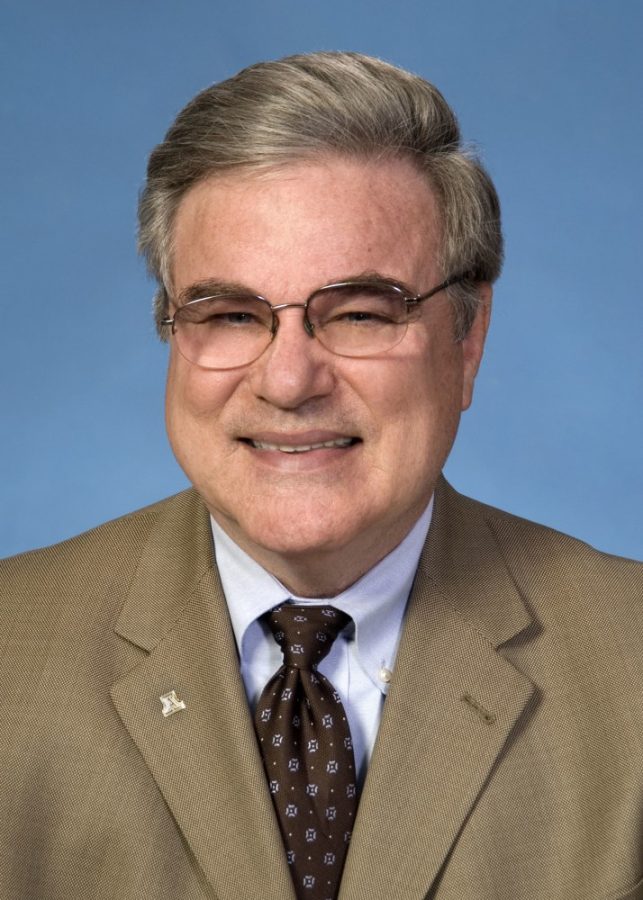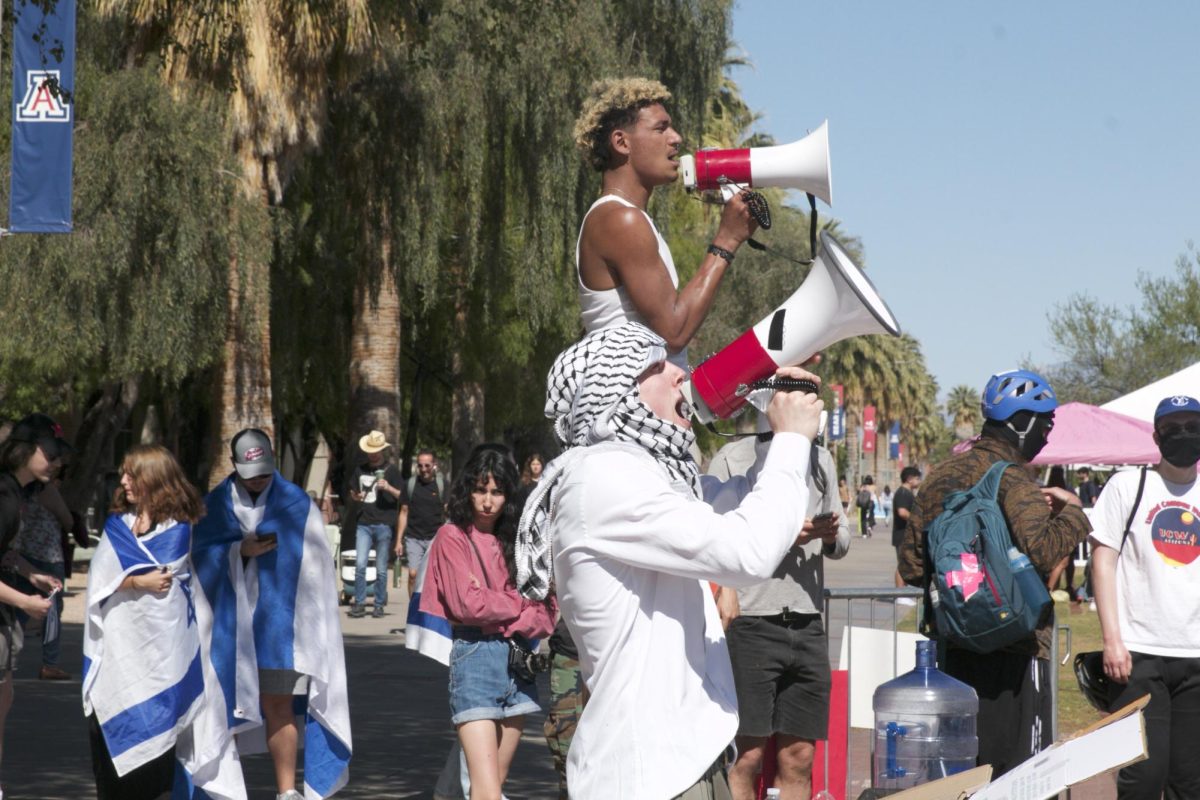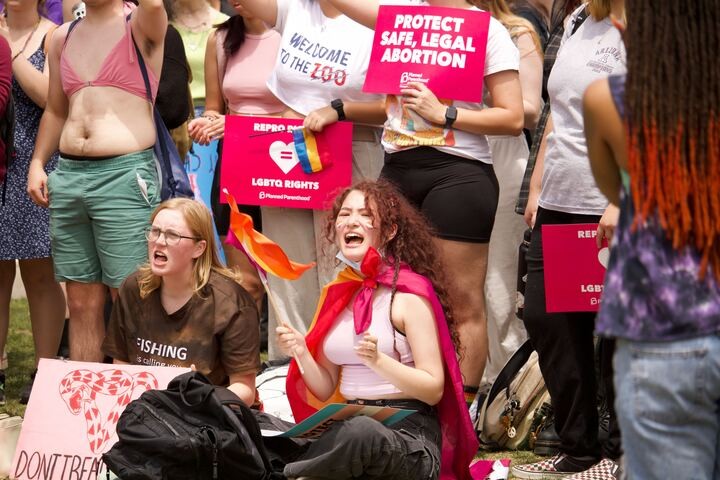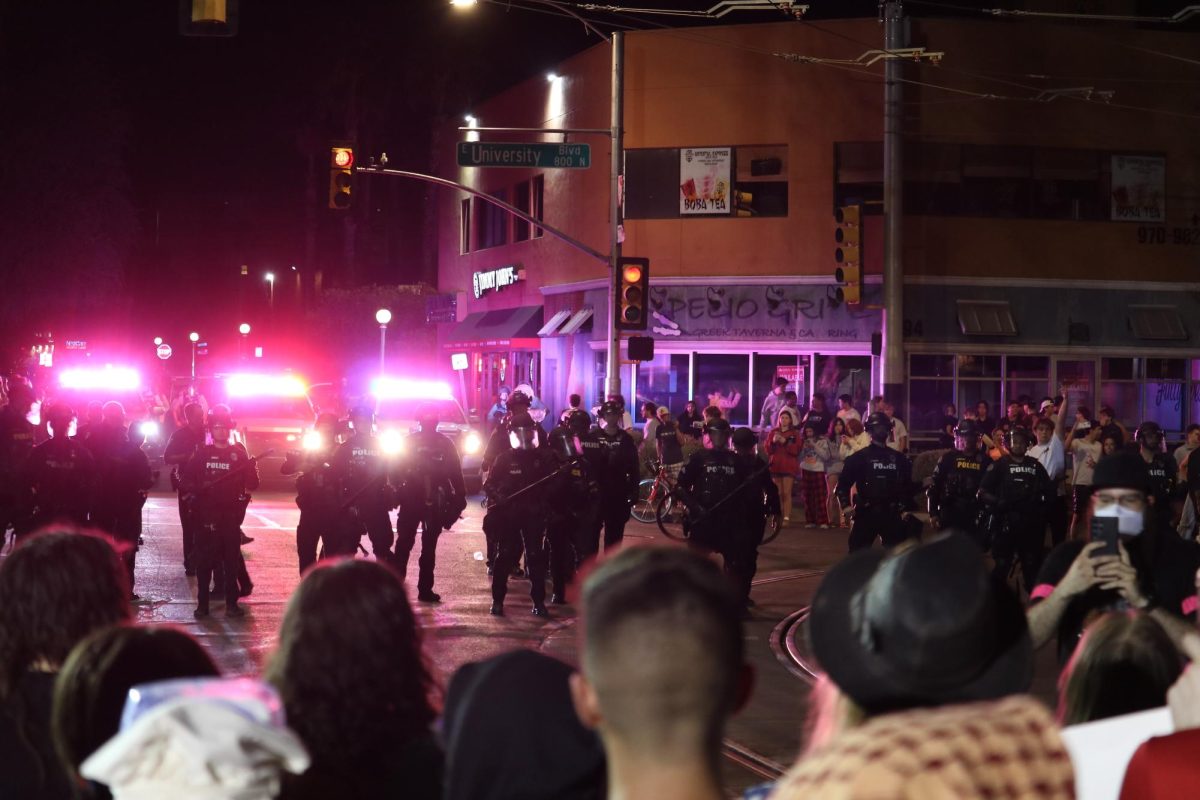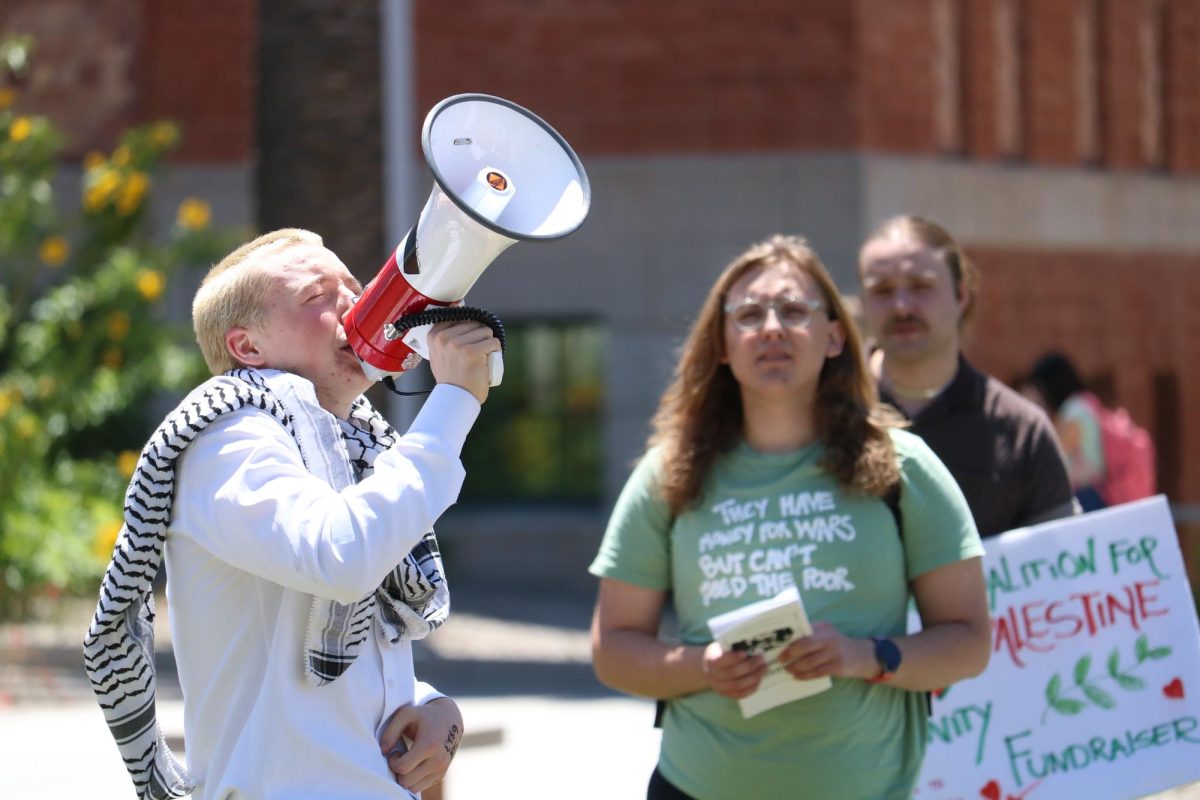Dr. William Crist, the UA’s vice president of health affairs, announced his retirement earlier this month. Crist came to the UA in 2008 and said he planned on staying three or four years. He oversaw major changes to the UA’s health system, including the merger between University Medical Center and the University Physicians Hospital as well as the growth of the UA’s medical program in Phoenix. J. Lyle Bootman, dean of the College of Pharmacy, will replace Crist in September. Crist will retire in Missouri to spend time with his family.
Daily Wildcat: What do you think was your biggest accomplishment as the vice president of health affairs?
William Crist: I encouraged bringing the parts of the clinical programs and the health sciences together. They were rather separate when I arrived. The UMC, the UPH, the College of Medicine — they were functioning rather separately even though all three components were necessary to deliver care to patients. The communication wasn’t always perfect, and there was a lot of room for improvement. A number of leaders thought it would be good to bring that organization together into one program that could deliver an ideal model of care to patients.
With the leaders working together for a period of more than a year, UA Healthcare has been formed. I’m certainly not the only one responsible for that change, but I think the organization is much more effective in forming a health system … I think the second (accomplishment) is that I’ve encouraged what was already a strong program in interprofessional education, which is training health care workers to work together from the very start of their careers. Doctors, pharmacists, nurses — training them so they can function as a team, so they can work together. It’s important for the quality of care, especially for chronically ill patients and the elderly.
What advice do you have for your replacement, J. Lyle Bootman?
Actually, the last weeks I’m here, I’m spending a lot of time with Dr. Bootman to share and introduce him to my colleagues so he can carry on in the same spirit and the same direction that we have been on for the last couple of years. The advice I give him is to work hard and enjoy it. There are a lot of contributions to be made over the next couple of years. I have every confidence in Dr. Bootman’s ability to oversee and lead. He’s one of the best minds in academic health care that I have ever met. It’s a great comfort to be handing the baton of leadership to Dr. Bootman.
What’s next for the UA’s medical presence?
We’re planning to develop a cancer center extension from Tucson to Phoenix, so that’s on the drawing board and we’re working hard on that. We’re building a major interprofessional education building on the Phoenix campus. It’s very impressive; it’s a very large building and will open in the summer of 2012. It will be training health workers in the same building so by the end of their training they know how to work together as a team … We’re also planning to build a second research building.
The final thing is together with the leadership of the Maricopa Integrated Health System, we and others will be planning a new replacement for the county hospital. Really, there are a lot of exciting growth plans with the partners, mostly on the Phoenix campus. The Tucson campus will continue to build on what’s already here.
What has been the most challenging aspect of the job?
The most challenging for me has been bringing together the component parts of the health care system in Tucson and trying to help us expand from a relatively small system focused around a hospital to a health system of two hospitals and an outpatient practice. Those were so separate that bringing them together was a real challenge. I think they’re moving forward in a very positive way. I had not ever had the opportunity to build a medical campus as we have in Phoenix. For me, it was a challenge to build the medical campus in Phoenix, which I think is going to be one of the major medical centers in the country in some years forward.
What has been the most enjoyable part of the job for you?
The most enjoyable part has been working with the deans of the health science colleges and watching them develop and grow in their ability to assume the responsibilities of their positions.
What are some of your plans for retirement?
I have never not worked in all of my career, since first grade. I’m looking forward to relaxing for the first several months, and then I will reassess what I want to do after that. But it will be something very different. It won’t be running a major medical center. Twelve-hour-a-day jobs are fun for the first 68 years. I think it will be something a little less high-pressure.



